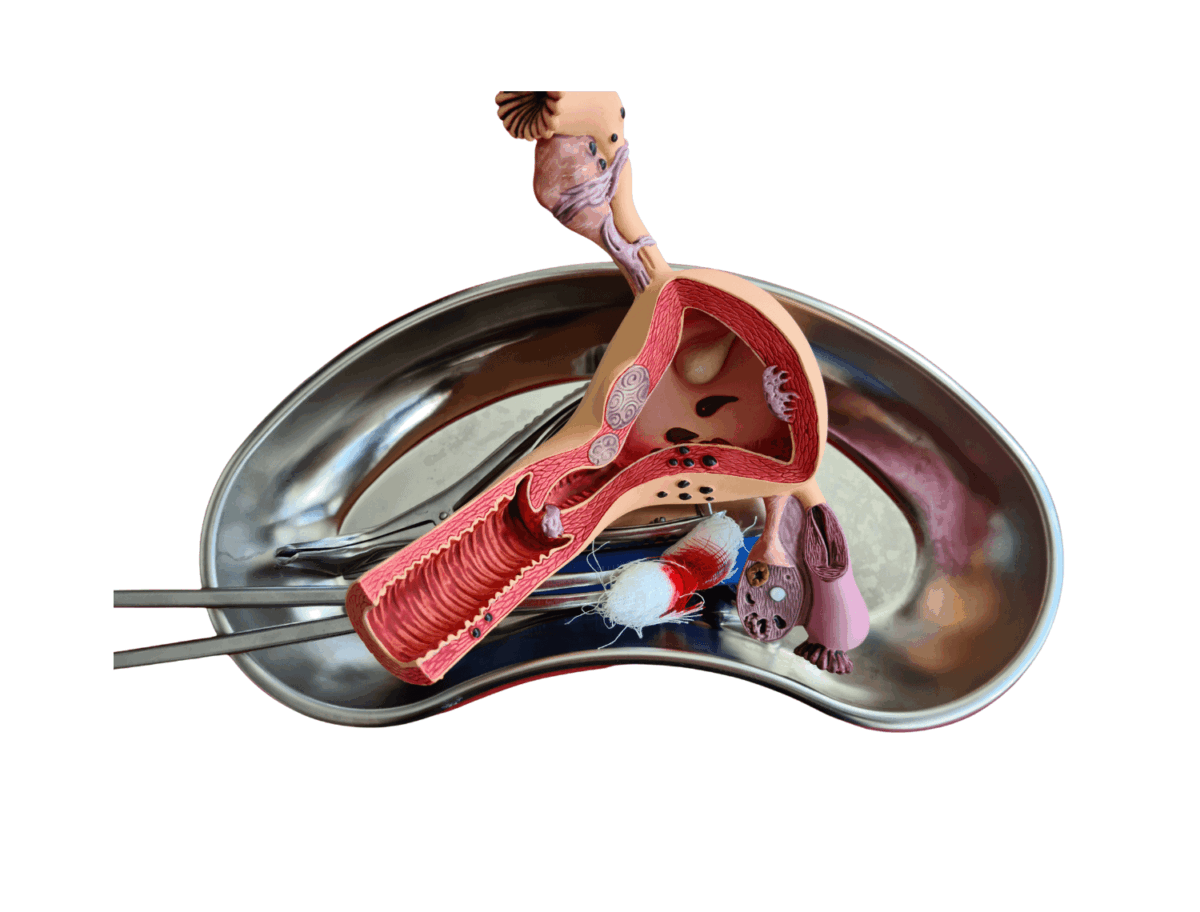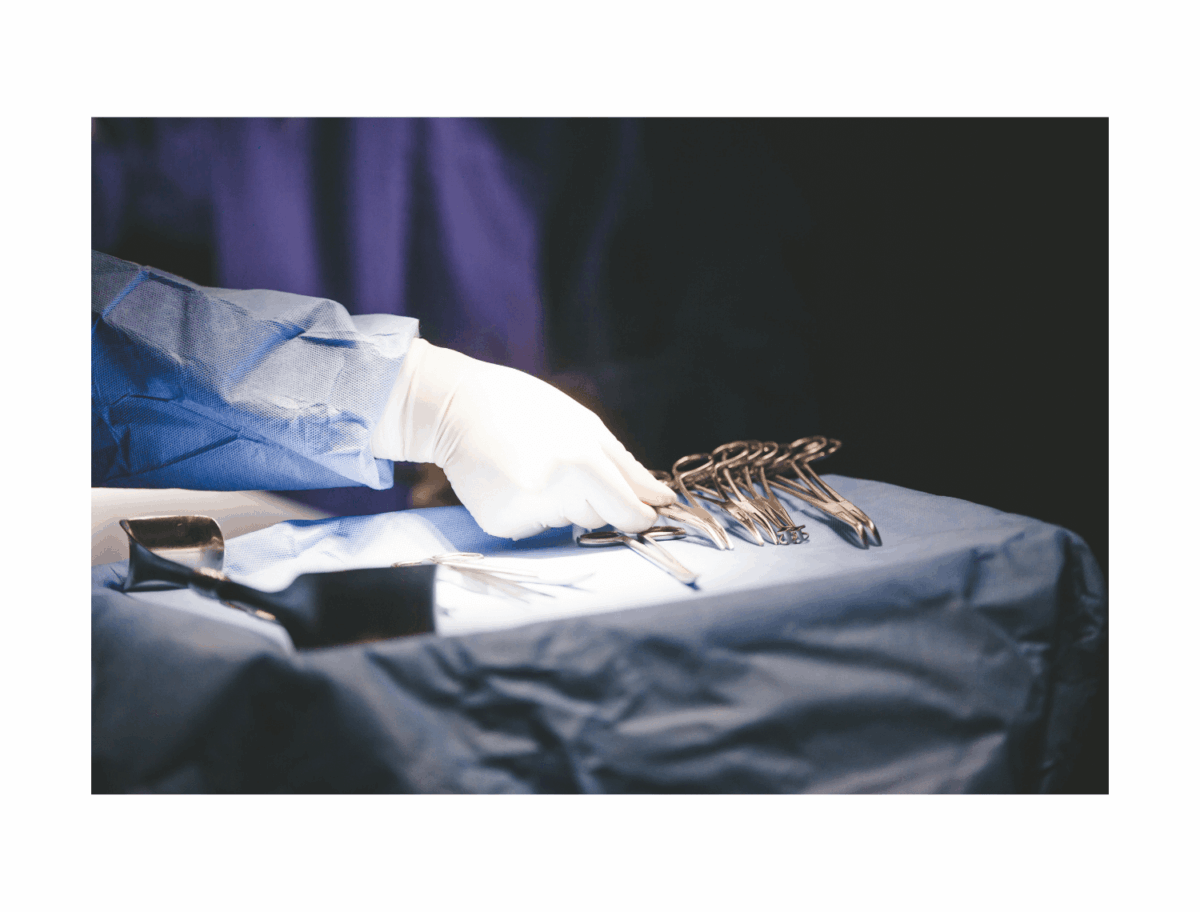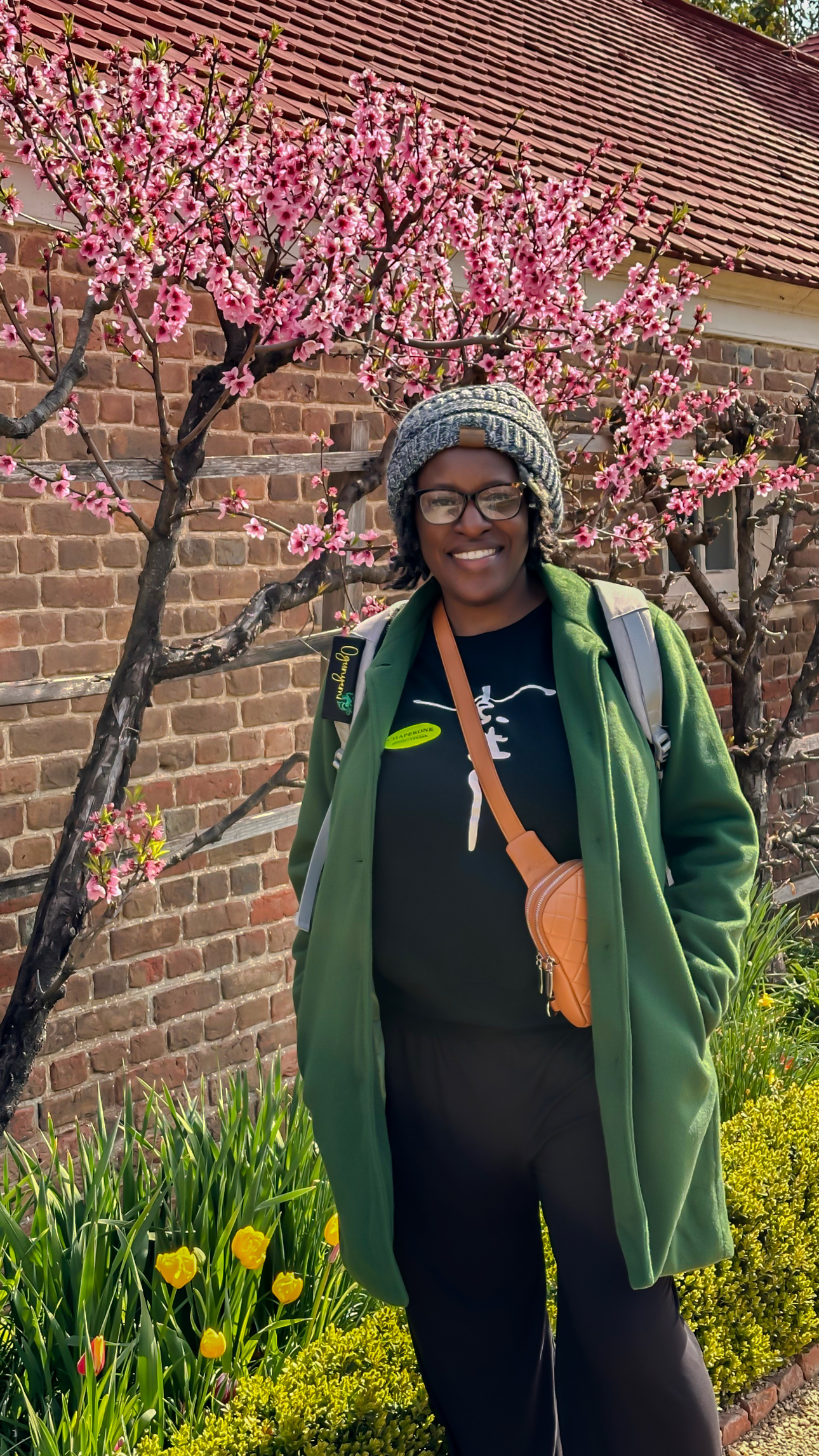It started with a moment I almost brushed off, a random two-week-early cycle that I chalked up to stress, hormones, or just being “a woman over 40.” I didn’t expect to share this part of my life, but my partial hysterectomy journey and recovery taught me so much and I know I’m not the only one who needs to hear it.
The next month? It happened again.
As women, we are professionals at pushing through. We show up, take care of everyone else, Google our symptoms, and talk ourselves out of appointments. But let me tell you this: your body will speak up louder and louder until you finally listen.
I recently had a partial hysterectomy. And it didn’t just remove the physical pain I didn’t know was building up, it gave me the rest and clarity I didn’t know I needed. It was the pause I never would’ve scheduled on my own.
Let Me Be Honest With You
I went 10 years without a Pap smear.
I know. It sounds bad. But if you’re reading this, there’s a chance you’re doing the same thing. Life gets busy. Work is demanding. You put it off once and suddenly a decade has passed.
I finally made the appointment. Before I went in, I played Dr. Google and diagnosed myself with perimenopause. Don’t judge me, we all do it. My cycles were off, my emotions were all over the place, and I was constantly exhausted. I assumed I was just entering “that next stage.”
But something felt off. So I told my doctor everything. The missed periods. The months where I bled longer than usual. The emotional swings. The fatigue. And then that random bleeding that happened just two weeks after my last cycle.
She listened. Then she ordered an ultrasound.
What the Ultrasound Revealed
The results showed my uterine lining was abnormally thick. There were fibroids and a cyst on my left ovary.
Now here’s the kicker: I had fibroids frozen off when I was 21. The doctor at the time told me I’d never have to worry about them again. I believed him. And here I was, almost 30 years later, back in the same conversation.
My doctor said the best option was to remove my uterus.
To be honest, I wasn’t shocked. I’m done having children. The idea of no more periods? I welcomed it. But even as I nodded, my mind jumped straight to work. I started calculating sick days, end-of-year duties, the summer basketball schedule for my son. I asked the doctor about dates, about how long I’d be out, about how this would affect my job and other responsibilities.
Why do we do this?
Why, when we are faced with serious health decisions, do we prioritize everything but ourselves?
The Surgery: A Key Step in My Partial Hysterectomy Journey
We scheduled it for June 23. It meant I’d use 11 sick days instead of the 4 I hoped for, but I finally let that go. I verified with HR that my time off would pull from FMLA and that I’d still have my regular 10 days when school resumed. That gave me peace.
The surgery was outpatient and, thankfully, it went smoothly. The nurses prepped me for discomfort—gas pain, bloating, cramping, nausea, light bleeding.
Here’s what I actually experienced:
- Light bleeding (gone by Day 2)
- Mild bloating and gas
- Cramping around a 2 out of 10
- Fatigue that hit out of nowhere
The first week? I did nothing. I stayed in bed and let my family take care of me.
Week two? I tried to take a normal shower and nearly passed out. It was my body’s way of saying, “We’re not done healing yet.”
Week three? I could move around more, but I still had to sit down often.
What the Pathology Report Showed
Even after surgery, I learned more. The pathology report showed:
- A small fibroid
- A benign polyp
- A nabothian cyst on my cervix (tiny cysts that form on the surface of the cervix)
- A harmless ovarian cyst
- Swollen fallopian tubes (likely contributing to discomfort)
None of it was cancerous. All of it confirmed that my body had been whispering for a while. I’m just glad I finally listened.
Please Hear Me When I Say This:
If you’re beginning your own partial or full hysterectomy journey and recovery, give yourself grace from the start. A partial hysterectomy is major surgery. Just because you look okay or feel okay for a moment doesn’t mean you’re healed.
Healing is layered. External and internal. Emotional and physical. So here’s what I want you to remember:
- Schedule the appointment. Don’t wait 10 years. Go. Even if it’s just your annual. Even if everything feels fine. Early detection gives you options. Delay closes doors.
- Listen to your body. If you’re tired, rest. If you’re cramping, lay down. If you feel off, don’t brush it aside. You know what’s normal for you. If something feels off, whether it’s your cycle, your energy, your mood, don’t ignore it. Track it. Talk about it. Ask questions.
- Rest is part of the prescription. You cannot rush this. You’re not lazy for staying in bed. If you’re post-op (or just in a season of burnout), let yourself sit down. Cancel things. Ask for help. Healing isn’t something you earn after productivity, it’s something you deserve by default.
- You are not your productivity. Let people take care of you. The world will keep turning. Your family will still love you. Work will still be there. Take the time. That was hard for me. I’m used to being the strong one. But letting someone serve you soup, bring you water, or sit with you while you rest isn’t weakness. It’s community. And you deserve that too.
Reflections on My Partial Hysterectomy Recovery
This post isn’t just about surgery. It’s about self care. Real self care. The kind that requires you to pause, to advocate for yourself, and to stop waiting for the “right time.” Looking back, I’m grateful for what my partial hysterectomy journey and recovery taught me about real rest and real self-care.
We are so good at showing up for everyone else. But what would it look like if, just this once, you showed up for yourself first? If you…
- booked the appointment.
- went to bed earlier.
- let the laundry sit so your body could heal.
- said “yes” to rest and “no” to guilt.
You don’t need a crisis to start listening to your body.
If you take anything from my story, let it be this…
Let this be your gentle reminder: your health matters. Your rest matters. You matter.
So today?
Take the nap.
Drink the water.
Call the doctor.
Let someone else handle dinner.
And breathe.
From one woman to another, nourish what matters.
Recovery forced me to rest but it also taught me how to rest well. I pulled together a few of the things that made my healing process a littler easier, softer, and more comfortable. Whether you’re prepping for surgery or supporting someone else through recovery, these are the simple comforts that helped me show down, stay hydrated and actually feel cared for.
💜 Shop my recovery essentials here → Post-Surgery Comfort Kit













